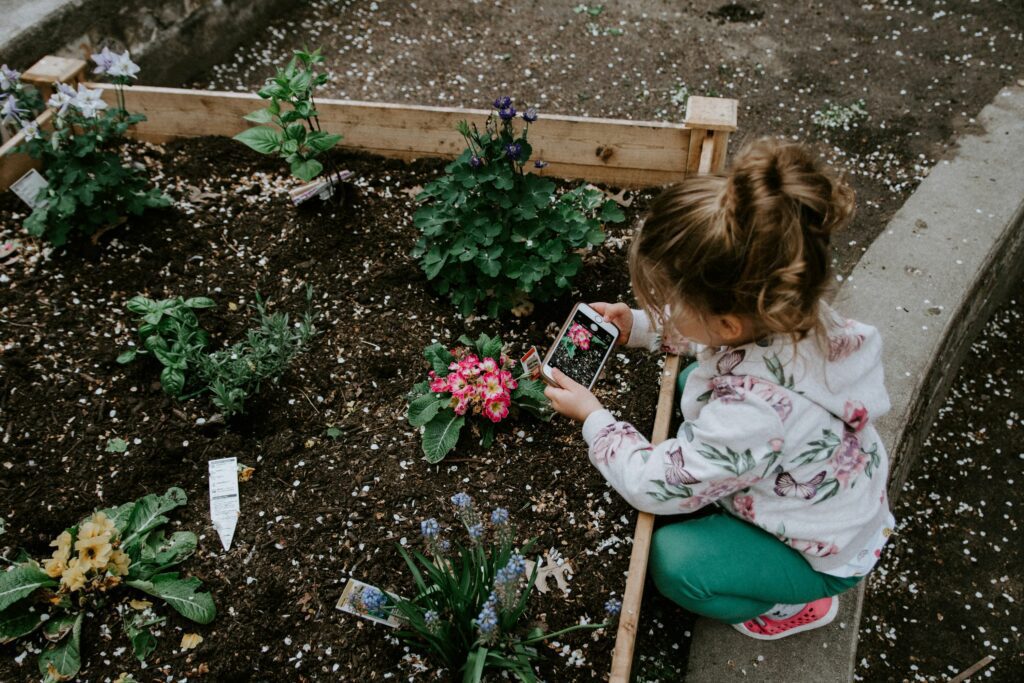
Why you need gardens for your health and wellness is more important than ever in today’s fast-paced world. Finding a peaceful place and reconnecting with nature can greatly benefit both physical and mental health. Gardens, whether large or small, serve as such safe havens, offering significant improvements to our well-being. Immersing ourselves in the tranquil surroundings of a garden positively impacts our health, mood, and overall quality of life. This article will explore the various reasons why having a garden is not just a luxury but a necessity for a happy, healthy life.
Table of Contents
Physical Health Benefits
Actively interacting with a garden can have significant positive impacts on one’s physical health and is more than just a recreational activity. Digging, planting, weeding, and watering are just a few of the motions involved in gardening chores that provide physical activity. The physical effort involved in gardening can enhance cardiovascular health, muscular strength, and flexibility, whether you’re utilizing planters in your yard, tending to a huge outside garden, or both. Furthermore, being outside exposes us to sunlight, which enhances our immune systems and increases the production of vitamin D. This can lower the chance of developing a number of illnesses, including osteoporosis, heart disease, and some types of cancer.
Mental Health Benefits
There are just as many mental health benefits as there are physical ones to gardening. Because of its natural healing qualities, nature offers a much-needed break from the daily grind, reducing stress and improving mental clarity. Particularly gardening requires patience and focus, which promotes a conscious attitude to work and, in turn, cultivates a sense of meditative calm.
Being in tune with the planet and its cycles can bring about a deep sense of fulfillment, achievement, and kinship with something bigger than oneself. Furthermore, gardening activities that expose one to sunshine raise levels of vitamin D, an important hormone that regulates mood and prevents depression. Gardens serve as mental health havens, as evidenced by the numerous studies that demonstrate the benefits of spending time in green areas on stress, anxiety, and depression.
Connection with Nature
Gardens turn into vital entry points for rebuilding our connection to the natural world. Being fully submerged in a garden promotes a sense of oneness and belonging to the larger ecosystem by providing a direct, tactile experience with the ground, plants, and creatures.
This link can awaken our appreciation of life’s cycles of development, decay, and rebirth, teaching us valuable lessons about adaptability, change, and the beauty of the natural world. Taking care of a garden fosters environmental stewardship by promoting sustainable practices and a greater awareness of how personal decisions affect the state of the world.
In the end, gardens provide us with insights and thoughts on life that go beyond the actual borders of the green places we tend to, serving as a reminder of our place within it and fostering a connection between us and nature.

Sense Of Achievement
There is no feeling of accomplishment like gardening provides. A concrete indicator of success and advancement is witnessing a seed you planted come to life or a barren area of land turn into a colorful bed of flowers and greenery. This achievement represents the commitment, attention to detail, and time required to maintain these living spaces—it beyond the visual attractiveness of a well-kept garden.
Every harvest is a victory and every bloom is a reward, enhancing one’s sense of competence and self-efficacy. Whether it’s cultivating a rare plant species, planning a landscape, or successfully producing a vegetable garden, many people turn their gardens into personal projects with milestones and objectives. This accomplishment enhances self-worth and leads to a more optimistic view on life, underscoring the critical role gardens play in improving our mental health.

Social Interaction
Additionally, gardens are essential for promoting social connection, which is a critical element of mental wellness. Gardens may become places where relationships thrive by designing areas that are welcoming and suitable for meetings. In particular, community gardens serve as a monument to this, uniting people from all backgrounds in pursuit of a shared objective. In addition to promoting a feeling of community, these cooperative gardening initiatives offer chances for the exchange of information, insights, and the products of group effort.
Having garden parties or just spending time with loved ones in the splendor of nature deepens ties and forges enduring memories. The common interest in gardening that unites members of gardening clubs or groups lays the groundwork for enduring friendships and a support system that goes beyond the confines of the garden. Gardens have a critical role in fostering mental health and wellness, as evidenced by the social interactions that occur in these green spaces. These interactions also greatly reduce feelings of isolation and loneliness and contribute to a sense of belonging.
Search here
Mental Health Benefits: Why You Need Gardens for Your Health and Wellness
Gardens are vital havens for our physical and emotional well-being, much more than just lovely places. Gardens offer a comprehensive approach to boosting general health and pleasure, from the concrete advantages of physical exercise to the intangible rewards of connection, success, and community.
